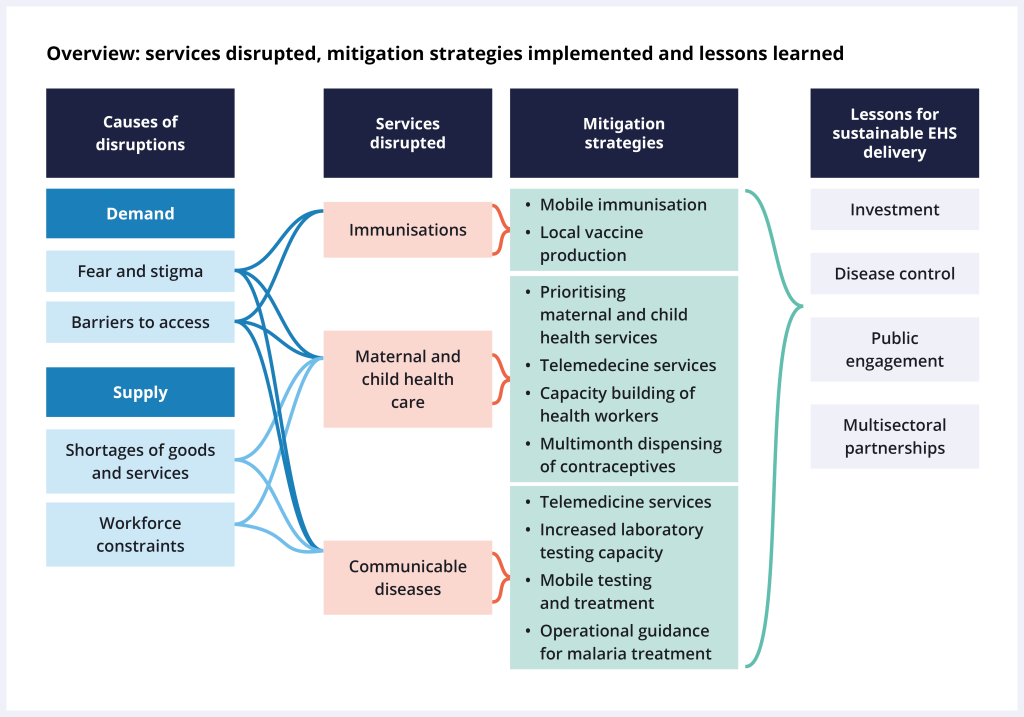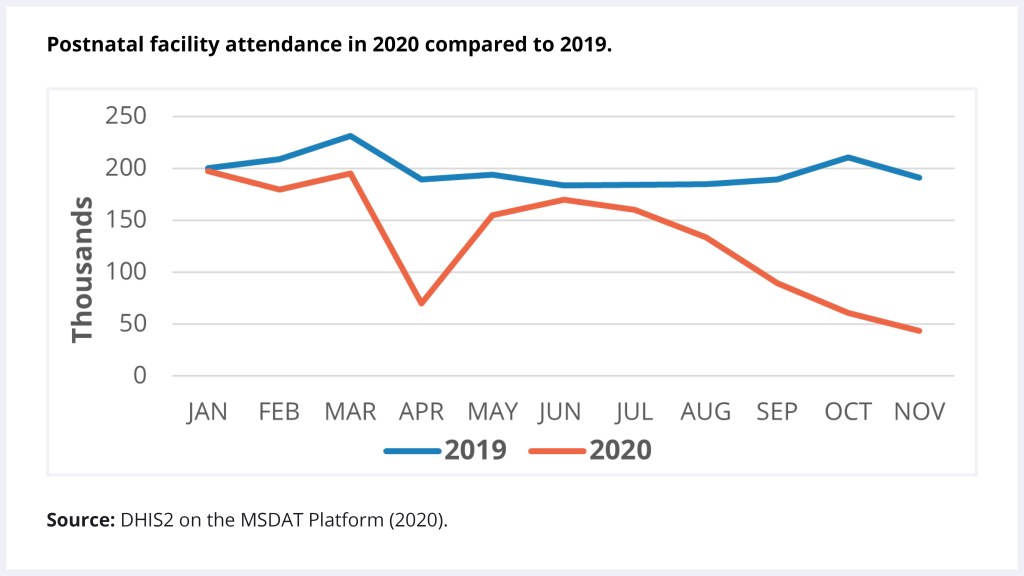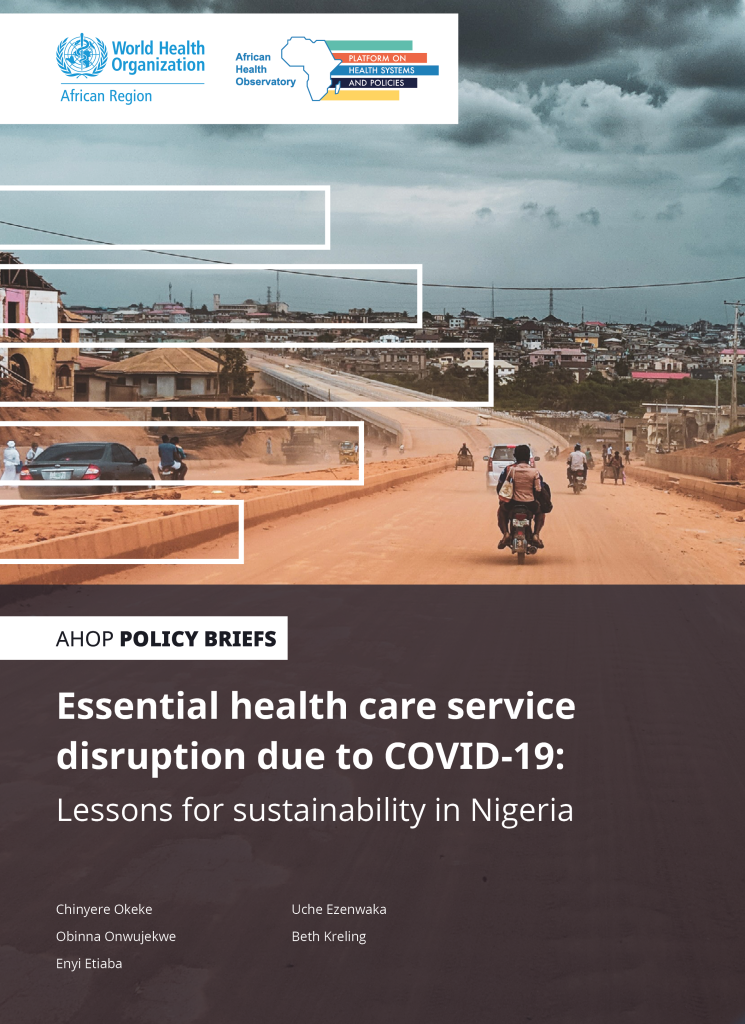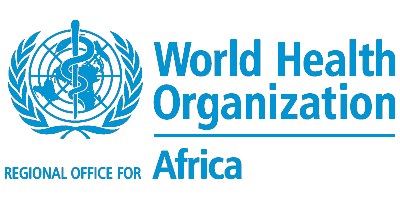The African Health Observatory Platform (AHOP) is delighted to announce the publication of a new policy brief: Essential health care service disruption due to COVID-19: lessons for sustainability in Nigeria, by the AHOP National Centre based in Nigeria (The Health Policy Research Group, the University of Nigeria). The brief investigates the causes of disruption to essential health services (EHS) in Nigeria resulting from the onset of the COVID-19 pandemic. It then reflects on the mitigation strategies implemented and whether they contributed to the resilience of Nigeria’s health system.
The pandemic revealed a strained Nigerian health system, forced to transfer already limited resources to combatting COVID-19, whilst coping with disruptions to health supplies and increased demand for health services. These supply and demand side factors resulted in disruption across child and maternal health services delivery, as well as to the prevention, testing, and treatment of HIV, tuberculosis (TB), and malaria, amongst other EHS.

Innovative service and goods delivery strategies, such as mobile immunisation services and multi-month drug dispensing, were implemented to mitigate the impact of disruptions. Evidence suggests that embedding these practices into regular EHS delivery, alongside increased investment in health infrastructure and health workforces, could help build EHS resilience in future.

The brief concludes that sustaining the continuity of EHS requires policies that ensure a whole-society and systems strengthening approach. This involves increased health care investment, community engagement, disease control regulations, and multisector approaches to improve resilience, EHS quality, and equity.









